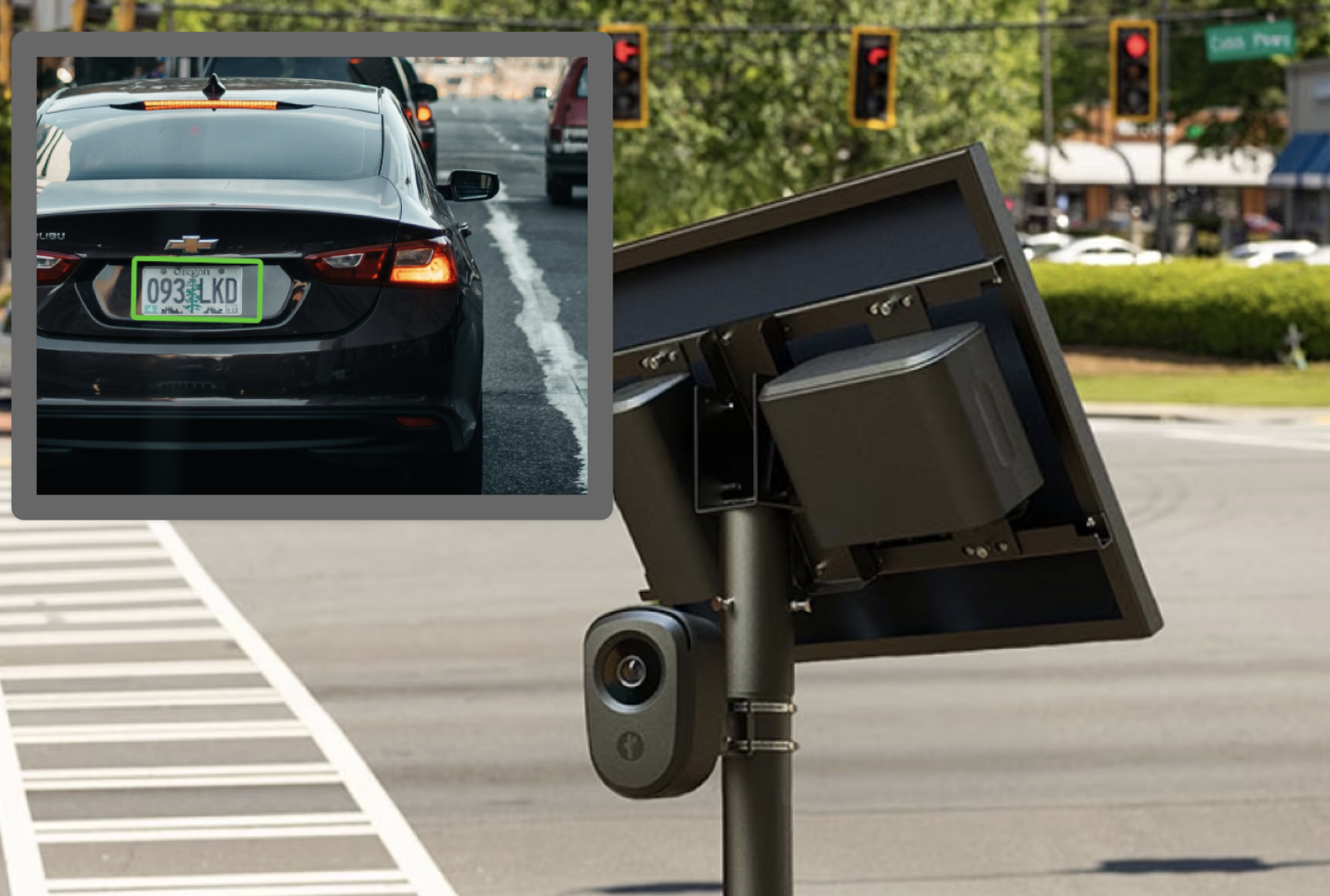Subscribe
A judge in Washington has ruled that police images taken by Flock’s AI license plate-scanning cameras are public records that can be requested as part of normal public records requests. The decision highlights the sheer volume of the technology-fueled surveillance state in the United States, and shows that at least in some cases, police cannot withhold the data collected by its surveillance systems.
In a ruling last week, Judge Elizabeth Neidzwski ruled that “the Flock images generated by the Flock cameras located in Stanwood and Sedro-Wooley [Washington] are public records under the Washington State Public Records Act,” that they are “not exempt from disclosure,” and that “an agency does not have to possess a record for that record to be subject to the Public Records Act.”
She further found that “Flock camera images are created and used to further a governmental purpose” and that the images on them are public records because they were paid for by taxpayers. Despite this, the records that were requested as part of the case will not be released because the city automatically deleted them after 30 days. Local media in Washington first reported on the case; 404 Media bought Washington State court records to report the specifics of the case in more detail.

Flock’s automated license plate reader (ALPR) cameras are used in thousands of communities around the United States. They passively take between six and 12 timestamped images of each car that passes by, allowing the company to make a detailed database of where certain cars (and by extension, people) are driving in those communities. 404 Media has reported extensively on Flock, and has highlighted that its cameras have been accessed by the Department of Homeland Security and by local police working with DHS on immigration cases. Last month, cops in Colorado used data from Flock cameras to incorrectly accuse an innocent woman of theft based on her car’s movements.

